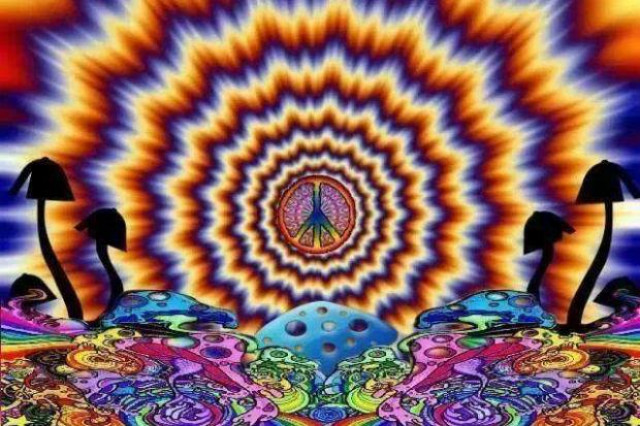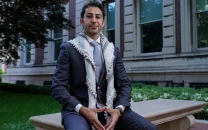Religious leaders to get high on magic mushrooms for a 'spiritual high'
The research study is more like a priest, a monk, a rabbi and a moulvi entering a bar and getting high

Around two dozen religious leaders belonging to different sects or religions will be given two powerful doses of psilocybin which is an active ingredient in magic mushrooms. PHOTO: File
It’s more like a priest, a monk, a rabbi and a moulvi entering a bar and getting high. The only difference in this research is that the study – or the drug session – will be tested in a laboratory.
Johns Hopkins University’s scientists in Baltimore have selected around two dozen religious leaders belonging to different sects or religions, to become part of a study in which they will be given two powerful doses of psilocybin which is an active ingredient in magic mushrooms.
Jain temple doubling as playground for cops and robbers
“With psilocybin these profound mystical experiences are quite common. It seemed like a no-brainer that they might be of interest, if not valuable, to clergy,” said Dr William Richards, a psychologist at the Johns Hopkins University in Baltimore, who is also part of the research.
The aim of this non-traditional research is to learn if using drugs can enhance the spiritual experience of the religious leaders and make them confident in what they do as the religious leaders.
Although many organised religious segments look down upon using such substances for transcendental experience, but researchers say they have covered the major denominations. However, they have yet to enlist a Hindu and a Muslim cleric.
Indian teenager tops exams, eschews college to become monk
The scientists say the session will be executed in the New York and John Hopkins universities in a living-room like setting where the religious figures will be given the drug dose and made to lie on the couch wearing eyeshades and listen to religious music.
“Their instruction is to go within and collect experiences,” said Richards. “So far everyone incredibly values their experience. No one has been confused or upset or regrets doing it.”
The result of the research will take another good year to be presented by the researchers.
“It is too early to talk about results, but generally people seem to be getting a deeper appreciation of their own religious heritage,” Richards said. “The dead dogma comes alive for them in a meaningful way. They discover they really believe this stuff they’re talking about.”
There is hope that after going through this experience, the religious leader will have more of a universal notion towards spirituality rather than their sectarian view. “They get a greater appreciation for other world religions. Other ways up the mountain, if you will,” said Richards.
“In these transcendental states of consciousness, people seem to get to levels of consciousness that seem universal,” he added. “So a good rabbi can encounter the Buddha within him.”
This article originally appeared on The Guardian.



















COMMENTS
Comments are moderated and generally will be posted if they are on-topic and not abusive.
For more information, please see our Comments FAQ